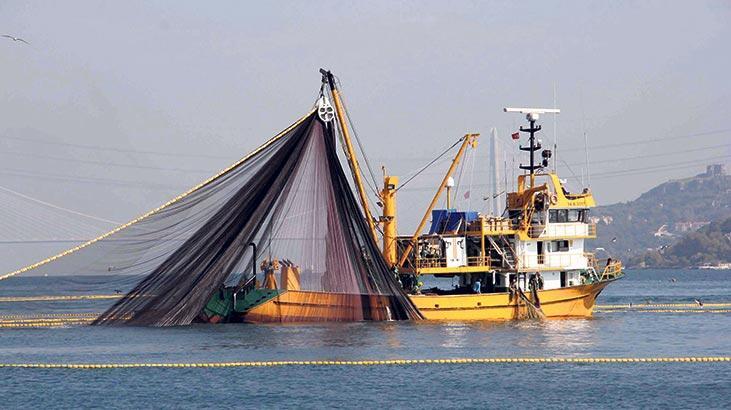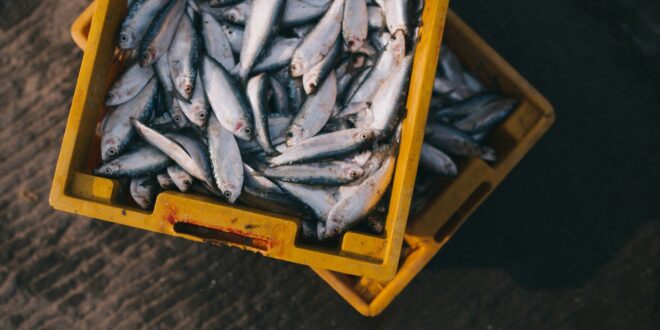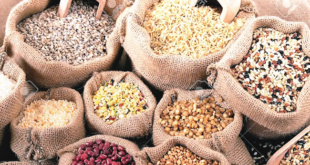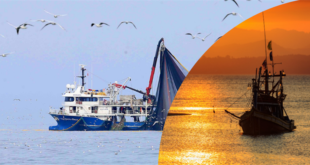Marine ecosystems and fisheries in the Mediterranean and Black seas have increasingly been stripped of their resources by humans over the decades, but the latest data suggests a corner has finally been turned in the overexploitation of the region’s vital fish stocks.
According to a recent report on the State of Mediterranean and Black Sea Fisheries (SoMFi 2020) released this week by the General Fisheries Commission for the Mediterranean (GFCM), while most fish stocks remain overexploited, the number of stocks subject to overfishing has decreased for the first time in decades.

“While 75% of fish stocks remain subject to overfishing, this percentage fell by more than 10 percent between 2014 and 2018. Exploitation ratios are down by a similar proportion. Taking into account newly assessed stocks, the number of fish stocks with high relative biomass has doubled since the last edition published in 2018,” the report said.
“Thanks to the commitment of GFCM members and experts to addressing existing challenges, for the first time we can say that some positive signals are finally emerging in the sector,” said Abdellah Srour, GFCM executive secretary.
“While we know there is a lot more work still to be done before the region’s fisheries are on a sustainable footing, we are pleased that we have begun to reverse some of the most worrying trends,” he added.

The report further estimates the overall annual economic value of Mediterranean and Black Sea fisheries is $9.4 billion (TL 71.94 billion), and that the industry provides some 225,000 jobs.
While small-scale fisheries make up most of the industry – representing 83% of the region’s fishing vessels and 57% of the fishing-based jobs – their share of the region’s total catch is only 15%. The small-scale fisheries generate less than 30% of the total fisheries revenue.
The data specific to Turkish fisheries shows that Turkey is the main producer of fish in the Mediterranean and Black seas. The report underlined that Turkey has the three largest ports in terms of landings in the entire GFCM region.
Turkey, Italy, Greece, Spain, Algeria and Tunisia account for 83% of the total revenue in the region and is one of the few countries in the region that is a net exporter of fish products, the report said. It added that Turkey, Tunisia, Algeria, Italy, Greece and Egypt account for approximately 82% of total employment.
The SoMFI report is published biennially by the GCFM, a U.N. Food and Agriculture Organization (FAO) statutory body that operates under FAO Governing Bodies. The report was made by FAO staff within the GFCM Secretariat with the collaboration of select experts, based on data provided by fishery administrations along the Mediterranean and Black seas and analysis carried out by the GFCM’s technical statutory bodies.
GFCM members include 23 contracting parties – Albania, Algeria, Bulgaria, Croatia, the Greek Cypriot administration, Egypt, European Union, France, Greece, Israel, Italy, Lebanon, Libya, Malta, Monaco, Montenegro, Morocco, Romania, Slovenia, Spain, Syria, Tunisia and Turkey – as well as the five cooperating noncontracting parties: Bosnia-Herzegovina, Georgia, Jordan, Moldova and Ukraine.
www.dailysabah.com
 THE GLOBAL WINDOW OF TURKISH FOOD AND AGRICULTURE The Global Window of Turkish Food and Agriculture Sector
THE GLOBAL WINDOW OF TURKISH FOOD AND AGRICULTURE The Global Window of Turkish Food and Agriculture Sector









